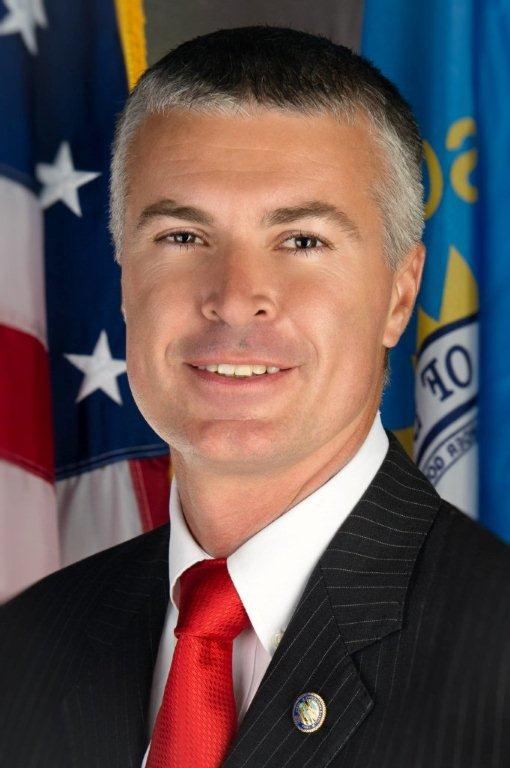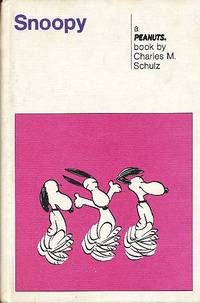 |
| Thomas Pluck |
Tomorrow I will turn 47. Yeah, I know. Not really old, these days. I remember when forty was the onset of the "mid-life crisis" brought on by the dread of mortality, which launched a thousand literary novels about boring men rubbing suede-patched elbows (and more) with women half their age, or women going on pilgrimages to Mediterranean countries to colonize young male flesh.
Me, I started writing again. Admittedly, it helped that a few months before my fortieth birthday, I married Sarah, ten years my younger, the Louisiana firecracker who I met in Manhattan and bonded over German beer and raunchy movies. She kicked me in the ass to write the novel I kept talking about. I wasn't ready, so I started small. Flash fiction came easily, and I wrote a dozen or two short stories that year, as November approached.
November, National Novel Writing Month, or NaNoWriMo, the elder god who strikes fear in agents and editors everywhere, who know the beast will unleash a horde of unedited young into their slush piles come the first of December. If you don't know it, the challenge is to write 50,000 words in 30 days, about 1670 words a day. A terrifying prospect to a new writer, but an afternoon's walk in the park to some pros. I jumped in and completed a novel of 115,000 unwieldy words in January called Beat the Jinx, the title a nod to Josh Bazell's Beat the Reaper, a delightful over the top crime novel that I'd finished reading recently.
That novel went through several drafts and rewrites over the years. I wrote another novel, Blade of Dishonor, in a blazing (for me) six months from first to final draft, while avoiding edits. I edited three charity anthologies to benefit Protect, one larger than the other, to avoid editing the novel. Until my buddy Josh Stallings told me to stop talking about the damn novel and get it into shape. 80 queries later, I received some good notes from agent Elizabeth Kracht, and having submitted it to just about every agent I could think of who might be interested in it, I approached Eric Campbell, the publisher of Down & Out Books, and Bad Boy Boogie was born on March 29th, 2017.
And in May, it was nominated for an Anthony Award for best paperback original.
Seven years. I can't believe it took me that long. I know others who took longer with their first novel, never giving up and moving on. Jenny Milchman took ten years, I think. I know I'm getting old because it feels like yesterday, building the character of Jay Desmarteaux with short stories like "Gumbo Weather" which is now out of print, because it would require retroactive continuity. But who knows? Maybe it will find a home when I edit Riff Raff, the second Jay novel, which I'm finishing up this month.
The projects I used to lollygag weren't all wasted. The editing and copy-editing skills I learned for the Protectors anthologies are invaluable, and Blade of Dishonor showed me that I can blast through a novel if I have an outline and a vision. But I find it a lot more enjoyable to bushwhack through the forest to find the story, because I don't always know what it's really about. Riff Raff is set in Louisiana, and I wanted to confront the criminal justice system there. It's different than any other in the nation. "Angola," Louisiana State Penitentiary, houses 5800 lifers who will likely never walk free. It costs the state $700 million a year to keep them in there to die. Until recently, lifers were stewards at the Governor's mansion, proving that the state doesn't consider them dangerous. When that irony was made public, they canceled the program. Angola also hosts a rodeo, "the Wildest Show in the South," where inmates get tossed around by broncos and bulls with zero training, for the entertainment of the audience. The inmate who snatches a poker chip taped between the horns of a mad bull can win $500 in commissary money.
Not to slam Angola. They are ahead of many other prisons in craft programs and training, partly to keep the population occupied. The Angolite, the prison newspaper, written and edited by inmates, I've mentioned many times. It is an eye-opening read. Its former editor Wilbert Rideau recently won himself a retrial and was released after serving 44 years, nearly more than I've been alive.
It puts things in perspective. He wrote his first book after his release. I wanted to have Riff Raff completed before Saturday, my birthday, and it may happen and it may not. No matter what happens, I'll keep writing, and that's the important thing.
I'm reading the excellent essay collection How to Write an Autobiographical Novel, by Alexander Chee, and as a teacher and student of Annie Dillard, he says the the writing is what matters. Some have talent, some sharpen a skill, but they have seen both sputter and sink. The perseverance is what matters.
Next month, Sarah and I are going to Alaska. Partly as research for another novel I've avoided writing, based on my story "The Uncleared," about a volunteer firemen who finds a dark secret when his childhood home burns down, and goes into the Alaskan wilderness to get answers from his father. Right now that's called The Fire Inside, because I like having names for unfinished books, and soon it will be finished. And cleared.















































